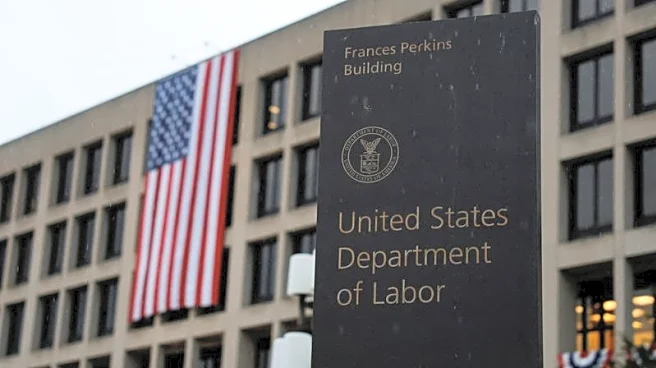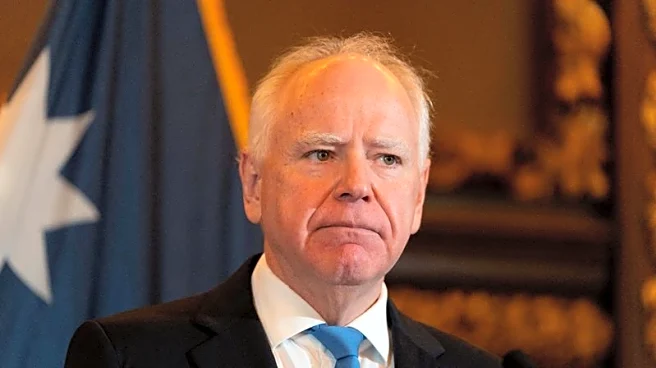What's Happening?
Australia's recent diplomatic efforts in the Pacific have faced setbacks, with failed agreements in Vanuatu and Papua New Guinea (PNG). Prime Minister Anthony Albanese's attempts to secure a $500 million economic and security deal with Vanuatu and a defense treaty with PNG were unsuccessful. The failures are attributed to Australia's perceived overreach in trying to influence these nations' foreign policies, particularly concerning their relations with China. The Australian government cites a 'permanent contest' with China for influence in the Pacific as a key factor in these diplomatic challenges.
Why It's Important?
These diplomatic setbacks highlight the complexities of Australia's foreign policy in the Pacific, where balancing relations with China and maintaining regional influence is increasingly challenging. The failures could weaken Australia's strategic position in the Pacific, a region of growing geopolitical importance. As China continues to expand its influence, Australia may need to reassess its approach to diplomacy and regional partnerships. The situation underscores the broader implications of global power shifts, where smaller nations are navigating between major powers like the U.S. and China.
What's Next?
Australia may need to adopt a more nuanced diplomatic strategy that respects the sovereignty and interests of Pacific nations. This could involve fostering partnerships based on mutual benefits rather than strategic imperatives. The Australian government might also focus on addressing regional concerns such as climate change and economic development to strengthen ties. The ongoing competition with China will likely continue to shape Australia's foreign policy decisions in the Pacific.
Beyond the Headlines
The diplomatic failures reflect deeper issues in Australia's foreign policy mindset, characterized by a reliance on the U.S. and a fear of China's influence. This mindset may hinder Australia's ability to effectively engage with Pacific nations. Additionally, the situation raises questions about Australia's understanding of the cultural and political dynamics in the region, suggesting a need for greater cultural sensitivity and engagement.










